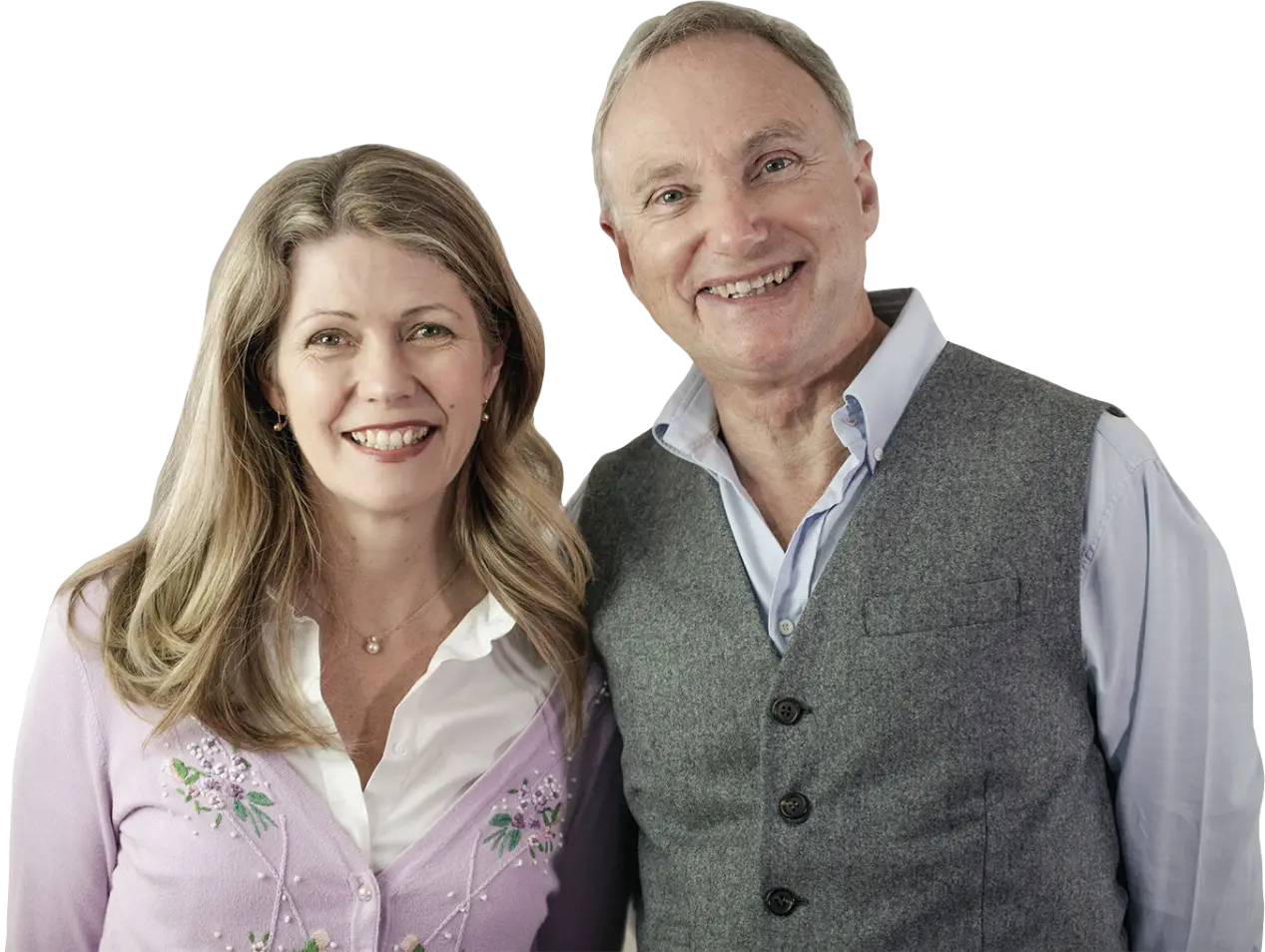This Course Includes
Video content
To the recording
Handouts
Continuing Professional Development
We know from research that approximately 30% of individuals with a diagnosed eating disorder, for example, anorexia nervosa, bulimia nervosa, avoidant/restrictive food intake disorder (ARFID), and binge-eating disorder, are autistic. In the past autism was not necessarily recognised or accommodated in the treatment of eating disorders, potentially negatively affecting the outcomes of treatment. Some studies have indicated poorer outcomes in treatment for autistic individuals who have an eating disorder. Fortunately, there is now far more research, guidance, and understanding for parents and professionals working in this complex area.
In the presentation, we will provide a research update on our current understanding of the assessment and treatment of eating disorders for autistic individuals. Tony and Michelle draw on their combined experience of over 80 years of clinical experience, and the current research, to provide ideas and strategies to modify existing effective treatments for eating disorders to be successful for autistic individuals.
Who will benefit?
Learning Objectives
To gain an up-to-date understanding of the co-occurrence of autism and eating disorders (anorexia nervosa, bulimia nervosa, avoidant/restrictive food intake disorder (ARFID), binge-eating disorder), based on the latest research.
To understand the unique strengths and challenges that occur for the individual, the family, and professionals when eating disorders occur in the context of autism.
To know the current best practice guidelines for the treatment of an eating disorder when the person is autistic, including modifications to outpatient and inpatient therapy.
To support parents with knowledge and strategies for supporting their loved one with an eating disorder at home.
To provide strategies for supporting autistic students at school when they are struggling with an eating disorder.
To achieve greater knowledge and confidence in understanding and supporting autistic individuals who are struggling with an eating disorder, or in their relationship with food, to maximise the best outcomes.
What our attendees have said...

Satisfaction Guarantee
Frequently Asked Questions




